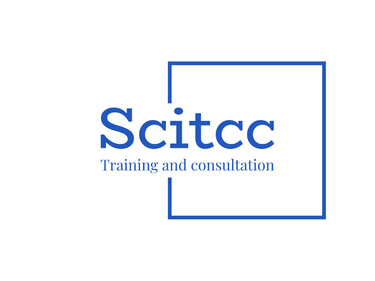
Best Practices in Project Planning, Monitoring, and Evaluation
Empowering Participants to Use Modern Tools and Methodologies in Project Planning, Monitoring, and Evaluating their Impact Effectively and Efficiently.
$5500.00
Course title
Best practices in project planning, monitoring, and evaluation
The subtitle
Empowering participants to use modern tools and methodologies in project planning, monitoring, and evaluating their impact effectively and efficiently.
The introduction
In the context of a changing and fast-paced work environment, the success of any project has become heavily dependent on the quality of planning, precise monitoring, and regular performance evaluation. This course aims to equip participants with the basic and advanced knowledge and skills for project planning in a systematic manner, monitoring its progress using performance indicators, and evaluating its results and impact, thereby contributing to the achievement of the strategic goals of institutions.
Course objectives
By the end of the course, participants will be able to:
Understanding the basic concepts of project planning and monitoring and evaluation (M&E).
Preparing comprehensive project plans that include objectives, outputs, activities, and indicators.
Using monitoring and evaluation tools to track project progress and analyze performance.
Impact assessment, gap analysis, and enhancing organizational learning.
Using practical models such as the (Logical Framework) and the (Theory of Change).
Target audience
Project managers and coordinators.
Employees of non-governmental and developmental organizations.
Strategic planners.
The officials responsible for monitoring and evaluation.
Anyone working in program and project management or interested in developing their skills in this field.
Learning method
Interactive through group discussions and brainstorming.
Practical exercises and real case studies.
Simulating real projects using digital tools.
Presentations supported by multiple media.
Practical assignments after each session to measure understanding.
Training course plan (5 days)
Day One: Introduction to Project Planning
The interviewer:
The basic concepts in project management.
Project life cycle.
Elements of good project planning.
Setting goals, outcomes, and outputs.
Using the SMART model.
Day Two: Project Planning Tools and Templates
The interviewer:
Logical Framework (Log Frame): Its elements and usage.
Theory of Change: Building the Logical Pathway for Intervention.
Stakeholder and risk analysis.
Building the project matrix.
Day Three: Monitoring
The interviewer:
The concept and the difference between monitoring and evaluation.
Developing Key Performance Indicators (KPIs).
Data collection tools (quantitative and qualitative).
Preparing the monitoring plan and progress reports.
Day Four: Evaluation
The interviewer:
Types of evaluation (formative, summative, diagnostic, and retrospective).
Evaluation methodologies and tools.
Gap analysis and lessons learned.
Preparing evaluation reports and submitting recommendations.
Day Five: Practical Application and Learning Assessment
The interviewer:
Presenting a comprehensive group project (planning – monitoring – evaluation).
Simulation of an internal evaluation session.
Discussion of real challenges and ways to overcome them.
Final exam and evaluation of the training impact.


